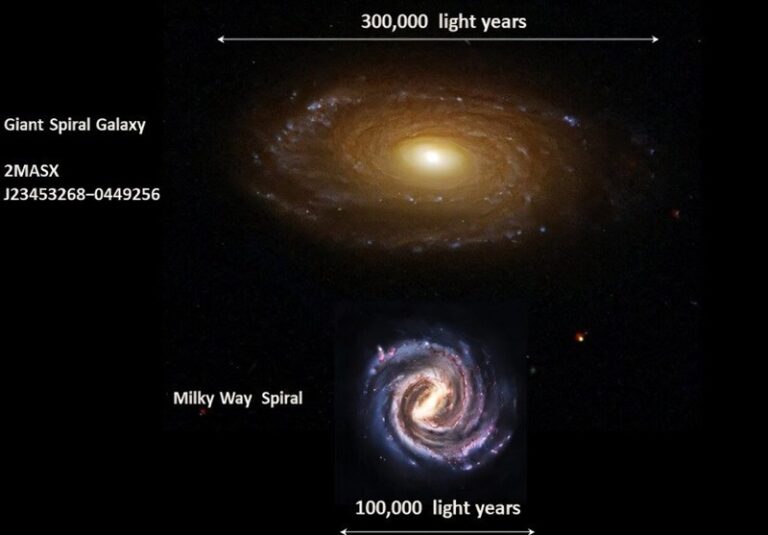New Study Links Energy Drink Ingredient to Increased Blood Cancer Risk
Taurine, a widely recognized ingredient in popular energy drinks such as Red Bull and Celsius, has recently come under scrutiny due to its potential role in accelerating blood cancer growth. A groundbreaking study from the University of Rochester’s Wilmot Cancer Institute has revealed concerning insights about taurine’s impact on leukemia cells.
This research, published in the esteemed journal Nature, indicates that leukemia cells may utilize taurine to promote glycolysis, a process that breaks down glucose for energy, thereby fueling cancer proliferation. While taurine is naturally found in the human body and in various foods, such as meat and fish, its deliberate addition to energy drinks raises important questions regarding its safety and efficacy, especially for cancer patients.
Although taurine has been noted for its benefits, including alleviating chemotherapy side effects in leukemia patients, the findings of this study prompt a critical reassessment of taurine supplementation.
Key Findings from the Study
In the study, researchers conducted experiments on mice possessing the SLC6A6 gene, which facilitates the transportation of taurine throughout the body. Here are some key takeaways from the research:
- Taurine Consumption: Leukemia cells were found to consume taurine, which may significantly aid their growth.
- Bone Marrow Contribution: Healthy bone marrow cells produced taurine, which appeared to be transferred to leukemia cells, further supporting their proliferation.
- Need for Reassessment: The researchers emphasized the importance of reconsidering taurine supplementation, particularly for individuals battling leukemia.
- Potential Risks: They cautioned that excessive taurine intake from energy drinks or supplements could exacerbate leukemia by providing additional fuel for cancer cells.
Future Research Directions
The study has opened up new avenues for research, with scientists now exploring several critical areas:
- Whether targeting taurine transport could lead to innovative treatments for leukemia.
- Investigating the potential role of taurine in other forms of cancer, including colorectal cancer.
Impact on Blood Cancer Statistics
The implications of this research are particularly significant considering the projected statistics from the American Cancer Society. They estimate that over 192,000 Americans will be diagnosed with blood cancer in 2025. This includes:
- 66,890 cases of leukemia
- 89,070 cases of lymphoma
- 36,110 cases of myeloma
As we delve deeper into the complexities of cancer biology, understanding the effects of common dietary supplements like taurine becomes increasingly essential. The dual nature of taurine—providing benefits while potentially fueling cancer growth—necessitates a nuanced discussion regarding its use, especially for vulnerable populations such as leukemia patients.
In conclusion, while taurine has been popularly marketed for its energy-boosting and health benefits, the latest findings urge caution. Ongoing research will be pivotal in determining safe consumption levels and potential therapeutic strategies. As the field of cancer research evolves, staying informed about the implications of dietary components on health is crucial.






